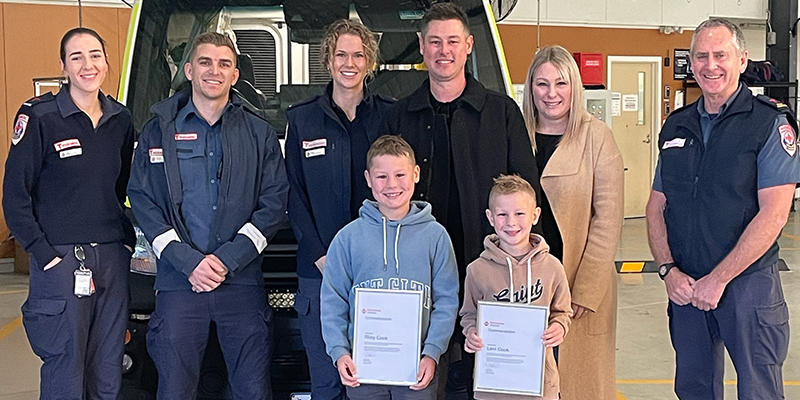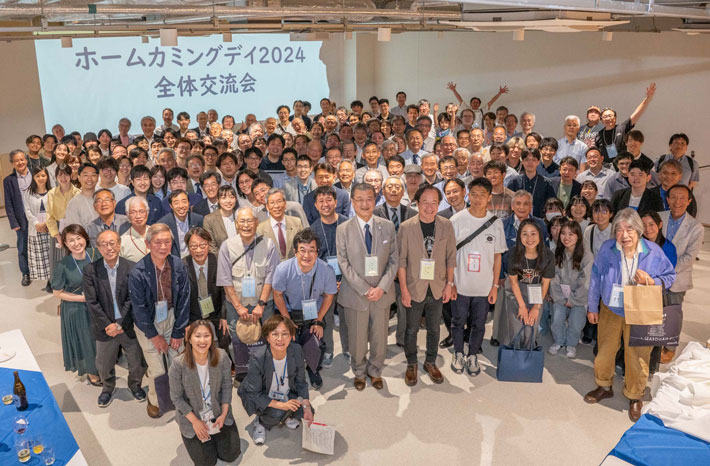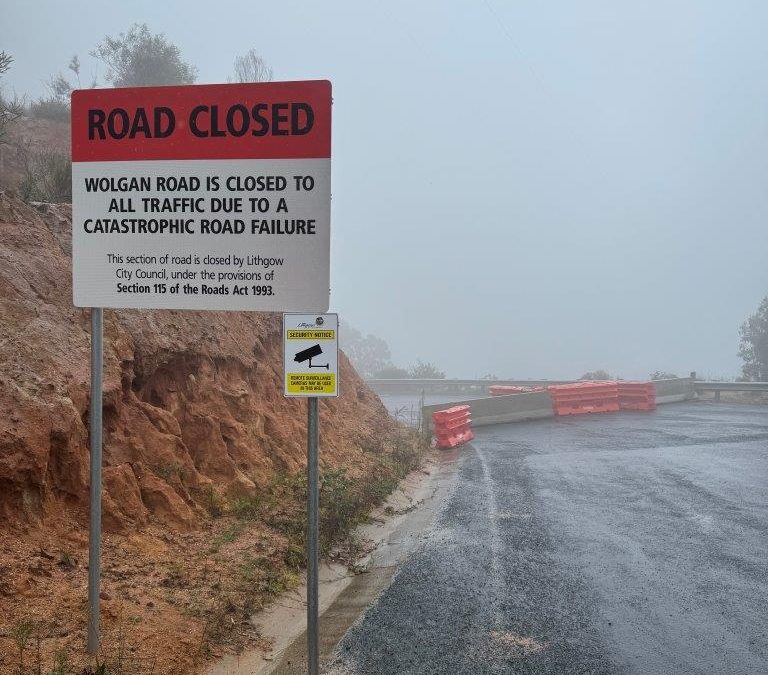The barriers for women to work in energy and manufacturing are under the spotlight, thanks to a new Women’s Health in the South East (WHISE) project that is being funded by the Victorian Government.
The project, “Nice Work If You Can Get It,” aims to create gender-equal apprenticeship pathways and employment opportunities by collaborating closely with the local TAFE in the South East, Chisholm Institute, and the South East Melbourne Manufacturers Alliance (SEMMA).
Key components of the project include capacity-building programs for educators and industry liaison personnel, development of a gender impact assessment, and the facilitation of industry forums to promote equality in manufacturing.
The outcomes will benefit educators and the local manufacturing workforce, leading to increased completion rates of manufacturing apprenticeships by women and greater gender diversity in manufacturing roles.
“We are grateful to the Victorian Government for recognising the importance of this initiative,” said CEO of WHISE, Kit McMahon.
“Our partnership with Chisholm Institute and SEMMA is crucial in addressing the often-overlooked issues that perpetuate gender inequality in the manufacturing sector.
“This project is seeking to demonstrate what is required to address gender inequity systemically, while delivering locally. We need to understand and identify the barriers to inequity and, then build the capacity of partners to break these down.”
Conor Mullan, Chief of Education at Chisholm Institute emphasised the significance of this project.
“This partnership allows us to deeply analyse and address the gender disparities in our apprenticeship pathways. By equipping our educators and industry partners with the necessary tools and knowledge, we are fostering an environment where gender equality can thrive,” said Mullan.
South East Melbourne Manufacturers Alliance (SEMMA) CEO Honi Walker said the manufacturing industry in South East Melbourne stands to gain immensely from this project.
“By working with WHISE and Chisholm Institute, we are taking proactive steps to ensure that our workforce is inclusive and diverse, which is essential for the industry’s growth and innovation.
“We are paving the way for a more equitable future in the manufacturing industry as well as demonstrating a model approach for other industries and regions,” said Walker.
—————————————————————————————-
About WHISE
Women’s Health in the South East (WHISE) is a not-for-profit organisation established in 1992, dedicated to promoting, advocating for, and supporting women’s health in the Southern Metropolitan Region of Melbourne. As part of the Women’s Health Services Network (WHSN) in Victoria, WHISE collaborates with governments, organisations, education providers, health practitioners, and community groups to empower women and improve their health and wellbeing.
WHISE’s vision is to create “A region where gender equality is everybody’s experience, empowering women and girls to be safe, healthy and thriving.” To achieve this vision, the organisation focuses on four key objectives:
- Ensuring that everyone in the region experiences gender equality in their daily lives.
- Providing women and girls in the region with access to gender-informed and appropriate healthcare.
- Ensuring that women and girls in the region have access to sexual and reproductive healthcare services and information.
- Creating an environment where women and girls in the region live free of gendered violence and in a healthy, sustainable environment.
The organisation provides health information, promotion, and education services to women and health professionals, with a focus on primary prevention to reduce the incidence of poor health among women in the community. WHISE serves approximately 1.3 million people across 10 local government areas, including Kingston, Frankston, Mornington Peninsula, Greater Dandenong, Cardinia, and Casey, which are part of the traditional lands of the Bunurong and Wurundjeri people of the Kulin Nation.








